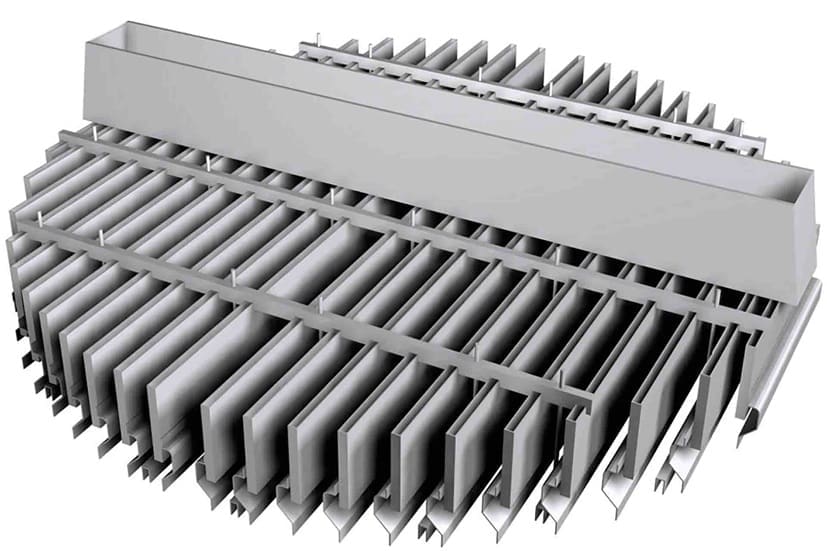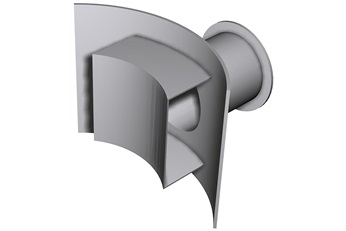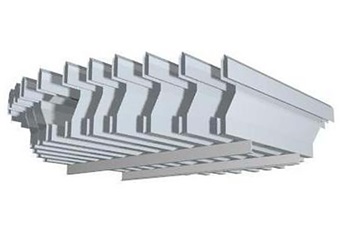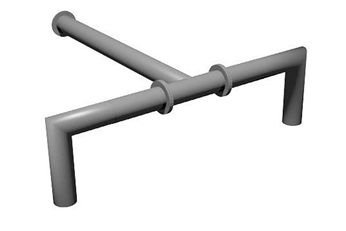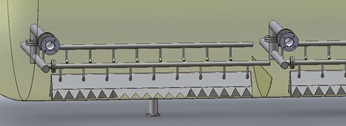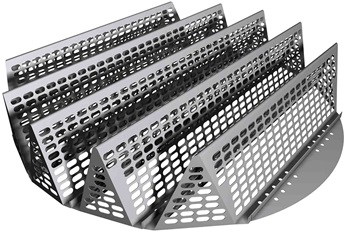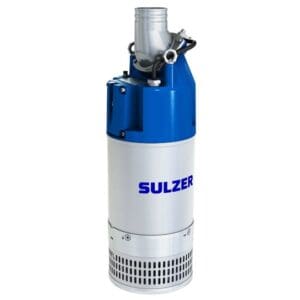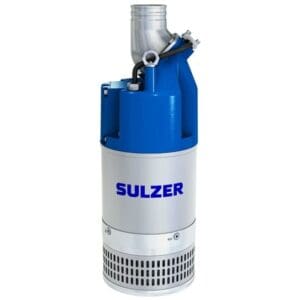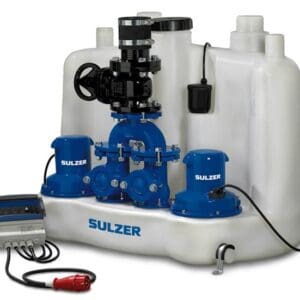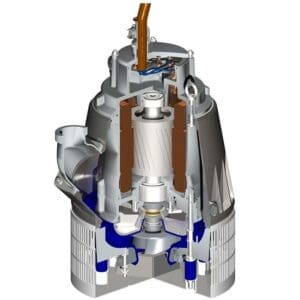Description
Sulzer Separation technology Coalescers Column internals -Optimizing performance of columns
Vapor distribution
The distribution of vapor is less critical than that of liquid, but is nevertheless challenging for the design of good vapor distributers. Our experienced engineers rely on decades of expertise implemented in internal design tools, and are supported by cutting-edge technologies such as Computational Fluid Dynamics (CFD).
Collecting devices
Liquid collectors with integrated packing support help to save column height. Optimized design of the collecting troughs reduces pressure head in the collecting section. Chimney trays are provided to accumulate liquid and redistribute it, or to improve vapor distribution below packed beds.
Flash feed systems
Flashing feed has to be separated in or outside the column before liquid and vapor are distributed individually. Different feed conditions are carefully considered in the design of the flash devices.
Liquid inlet systems
Depending on the flow rate, an appropriate inlet system is recommended. We offer solutions to feed separation trays and liquid distributors.
Sand jetting system
Sand jetting system consists of a distributor pipe system with multiple jet nozzles and a sand pan at the center. While solids accumulate in the bottom of the vessels, the sand jetting system will fluidize the solids and remove them from the vessel. The sand jetting technology from Sulzer completes the portfolio for separators.
Product applications
Sand jetting systems are widely used in the upstream industry. The most particularly suitable used conditions are:
- Slug catchers
- Production separators
Electrostatic desalters
Support and locating devices
Support systems are available for every different packing type. They can be easily installed with a minimum of beams and welding attachments. Beside welded constructions, clickable solutions that save installation time are also available. Locating devices can be partly integrated into the liquid distributors to save height and installation time.
Why Choose Column Internals?
Sulzer Column Internals are engineered to optimize mass transfer efficiency , reduce pressure drop , and improve separation performance in distillation , absorption, and stripping processes. Their precision design ensures uniform fluid distribution , minimizes maldistribution issues , and enhances process stability , making them the ideal choice for demanding industrial operations.
Typical Applications
Distillation columns in refineries and petrochemical plants
Absorption and stripping towers in chemical processing
Gas–liquid separation in natural gas treatment
Liquid–liquid extraction processes
Additional Features
Wide range of designs including liquid distributors , redistributors , and collectors
High mechanical strength for long service life under harsh conditions
Configurations tailored for both high- and low-liquid load operations
Materials available for corrosive or high-temperature applications

